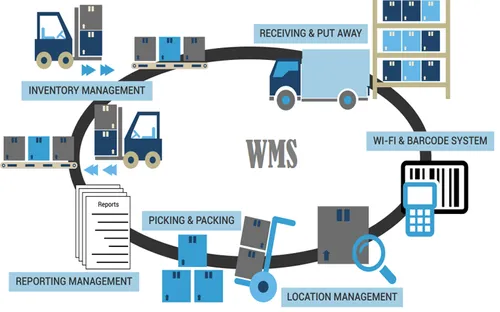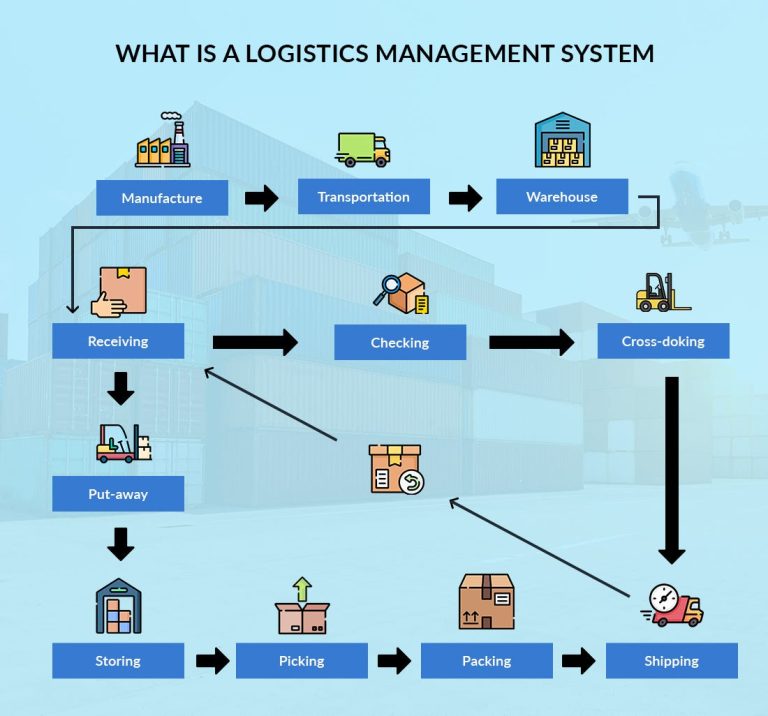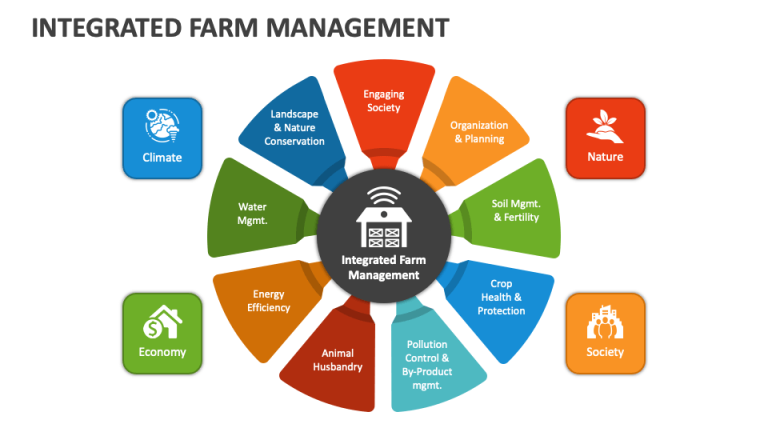Training in Quantitative Data Management, Statistical Analysis & Graphics Using R

About The Course
Course Description
R is an open source language and environment for statistical computing, data mining, modeling, and data graphics. It provides a wide variety of statistical and graphical techniques such as linear and non-linear modeling, statistical tests, time series analysis, classification, and clustering. R is one of the most used business analytics tools. For example, Facebook uses R for behavior analysis related to status updates and profile pictures. Google uses it to analyze advertising effectiveness and economic forecasting. Twitter leverages R for data visualization and semantic clustering.
This course aims to facilitate the participant's first steps in R and equip them with the tools and understanding to expand their technical know-how according to the needs of their specific research. It is neither a computer science nor a methodological course, but aimed at the practical needs of empirically working researchers. Participants’ will learn how to programme in R and how to use R for effective data analysis and visualization. The course begins with developing a basic understanding of the R working environment. Then participants are introduced to the necessary arithmetic and logical operators, salient functions for manipulating data, and getting help using R. Next, the common data structures, variables, and data types used in R, are demonstrated and applied. Participants also learn to write R scripts and build R markdown documents to share their code with others. Further, participants utilize the various packages available in R for visualization, reporting, data manipulation, and statistical analysis.
Required Software
- R: http://www.r-project.org/
- RStudio (additional libraries required): http://www.rstudio.com/
Learning Resources
- R Project: http://www.r-project.org/
- RStudio (additional libraries required): http://www.rstudio.com
- Quick-R http://www.statmethods.net/
- Google’s R Style Guide: http://google-styleguide.googlecode.com/svn/trunk/Rguide.xml
Course Objectives
By the end of the course, participants should be able to:
- Understand and appropriately use statistical terms and concepts.
- Perform basic data analysis tasks with R.
- Perform simple to complex data management tasks using R.
- Correctly identify appropriate statistical test for basic analysis s and perform them using R. Understand the fundamental syntax of R
- Import a variety of data formats into R using RStudio
- Prepare or tidy data for / in preparation for analysis
- Query data using SQL and R
- Analyze a data set in R and present findings using the appropriate R packages
- Visualize data attributes using ggplot2 and other R packages.
Training Methodology
The course is designed to be highly interactive, challenging and stimulating. It will be an instructor led training and will be delivered using a blended learning approach comprising of presentations, discussions, guided sessions of practical exercise, case study review, web based tutorials, group work and exploration of relevant issues. Our facilitators are seasoned industry professionals with years of expertise in their chosen fields. All facilitation and course materials will be offered in English.
Course Content
Introduction and Getting Started
- Introduction to Statistical Analysis
- The research process
- Populations and samples
- Research designs
- Independent and dependent variables
Introduction to R Programming
- Installing R and RStudio
- RStudio Overview
- Creating objects in R
- Data types, structures & variables
- Sorting vectors and data frames
- Directory management commands
- Direct data entry in R (small data sets)
- Importing data from other software
- Decision structures (if, if-else, if-else if-else)
- Repetitive structures (for and while loops)
- Working with large datasets
- Getting Help in R and Quitting RStudio
R Packages and Scripts
- Installing, loading and updating R packages
- Setting up your working directory
- Downloading and importing data
- Working with missing data
- Extracting a subset of a data frame
- Writing R scripts
- Adding comments and documentation
- Creating reports
Data Wrangling and Cleaning In R
- Working with variables
- Transform continuous variables to categorical variables
- Add new variables to data frames
- Sub-setting data frames
- Appending and merging data frames
- Split data frames
- Stack and unstack data frames
Descriptive Statistics in R
- Measures of central tendency
- Measures of variability
- Skewness and kurtosis
- Summary functions, describe functions, and descriptive statistics by group
- Correlations
Tabulations and Graphics with R
- Getting Started R Graphics
- Graphing quantitative data
- Working with graphs
- Basic Graphs (Bar plots Pie charts, Histograms, Box plots, Dot plots)
- Intermediate graphs (Scatter plots, Line charts, Mosaic plots)
- Graphical parameters
- Adding text, customized axes, and legends
- Combining graphs
- Frequency and contingency tables
Working with Messy Data
- Messy Data
- Renaming Columns (Variable Names)
- Attaching / Detaching
- Tabulating Data: Constructing Simple Frequency Tables
- Ordering Factor Variables
Data Exploration and Visualization
- Using the ggplot2 package to visualize data
- Applying themes from ggthemes to refine and customize charts and graphs
- Building data graphics for dynamic reporting
Data Querying: SQL and R
- Writing SQL statements in R
- Using the Select, From, Where, Is, Like, Order By, Limit, Max, Min SQL functions
Mean Comparison Tests in R
- One Sample T Test
- Independent Samples T Test
- Paired Samples T Test
- One-way analysis of variance (ANOVA)
Predictive Regression Models using R
- Linear Regression
- Multiple Linear Regression
- Binary Logistic Regression
- Ordinal Logistic Regression
Advanced Statistical Analysis
- Generalized Linear Models
- Principal components and factor analysis
- Advanced methods for missing data
Interactive Reporting With Rmarkdown
- RMarkdown basics
- Text formatting
- Code chunks
- YAML header
- Preview of notebooks, presentations, websites, and dashboards
Requirements
Participants should be reasonably proficient in English. Applicants must live up to Phoenix Center for Policy, Research and Training admission criteria.
NOTE
- Discounts: Organizations sponsoring Four Participants will have the 5th attend Free
- What is catered for by the Course Fees: Fees caters for all requirements for the training – Learning materials, Lunches, Teas, Snacks and Certification. All participants will additionally cater for their travel and accommodation expenses, visa application, insurance, and other personal expenses.
- Certificate Awarded: Participants are awarded Certificates of Participation at the end of the training.
- The program content shown here is for guidance purposes only. Our continuous course improvement process may lead to changes in topics and course structure.
- Approval of Course: Our Programs are NITA Participating organizations can therefore claim reimbursement on fee paid in accordance with NITARules.
How to Book: Simply send an email to the Training Officer on training@phoenixtrainingcenter.com and we will send you a registration form. We advise you to book early to avoid missing a seat to this training.
Or call us on: +254720272325 / +254737566961
Payment Options: We provide 3 payment options, choose one for your convenience, and kindly make payments at least 5 days before the Training start date in order to reserve your seat:
- Groups of 5 People and Above – Cheque Payments to: Phoenix Center for Policy, Research and Training Limited should be paid in advance, 5 days to the training.
- Invoice: We can send a bill directly to you or your company.
- Deposit directly into Bank Account (Account details provided upon request)
Cancellation Policy
- Payment for the all courses includes a registration fee, which is non-refundable, and equals 15% of the total sum of the course fee.
- Participants may cancel attendance 14 days or more prior to the training commencement date.
- No refunds will be made 14 days or less to the training commencement date. However, participants who are unable to attend may opt to attend a similar training at a later date, or send a substitute participant provided the participation criteria have been met.
Tailor Made Courses
This training course can also be customized for your institution upon request to a minimum of 5 participants. You can have it delivered at our Training Center or at a convenient location. For further inquiries, please contact us on Tel: +254720272325 / +254737566961 or Email training@phoenixtrainingcenter.com
Accommodation: Accommodation is arranged upon request and at extra cost. For reservations contact the Training Officer on Email: training@phoenixtrainingcenter.com or on Tel: +254720272325 / +254737566961
Start To Learn
5 Days
Certificate
Course Duration
Course Price
Training Calendar
| 2024 Training Calendar | |||
| Start Date | End Date | Location | Register |
| 1-Apr-2024 | 5-Apr-2024 | Nairobi | https://rb.gy/tb38zt |
| 15-Apr-2024 | 19-Apr-2024 | Nairobi | https://rb.gy/tb38zt |
| 29-Apr-2024 | 3-May-2024 | Nairobi | https://rb.gy/tb38zt |
| 13-May-2024 | 17-May-2024 | Nairobi | https://rb.gy/tb38zt |
| 27-May-2024 | 31-May-2024 | Nairobi | https://rb.gy/tb38zt |
| 10-Jun-2024 | 14-Jun-2024 | Nairobi | https://rb.gy/tb38zt |
| 24-Jun-2024 | 28-Jun-2024 | Nairobi | https://rb.gy/tb38zt |
| 8-Jul-2024 | 12-Jul-2024 | Nairobi | https://rb.gy/tb38zt |
| 22-Jul-2024 | 26-Jul-2024 | Nairobi | https://rb.gy/tb38zt |
| 5-Aug-2024 | 9-Aug-2024 | Nairobi | https://rb.gy/tb38zt |
| 19-Aug-2024 | 23-Aug-2024 | Nairobi | https://rb.gy/tb38zt |
| 2-Sep-2024 | 6-Sep-2024 | Nairobi | https://rb.gy/tb38zt |
| 16-Sep-2024 | 20-Sep-2024 | Nairobi | https://rb.gy/tb38zt |
| 30-Sep-2024 | 4-Oct-2024 | Nairobi | https://rb.gy/tb38zt |
| 14-Oct-2024 | 18-Oct-2024 | Nairobi | https://rb.gy/tb38zt |
| 28-Oct-2024 | 1-Nov-2024 | Nairobi | https://rb.gy/tb38zt |
| 11-Nov-2024 | 15-Nov-2024 | Nairobi | https://rb.gy/tb38zt |
| 25-Nov-2024 | 29-Nov-2024 | Nairobi | https://rb.gy/tb38zt |
| 9-Dec-2024 | 13-Dec-2024 | Nairobi | https://rb.gy/tb38zt |
| 16-Dec-2024 | 20-Dec-2024 | Nairobi | https://rb.gy/tb38zt |





No comment yet, add your voice below!